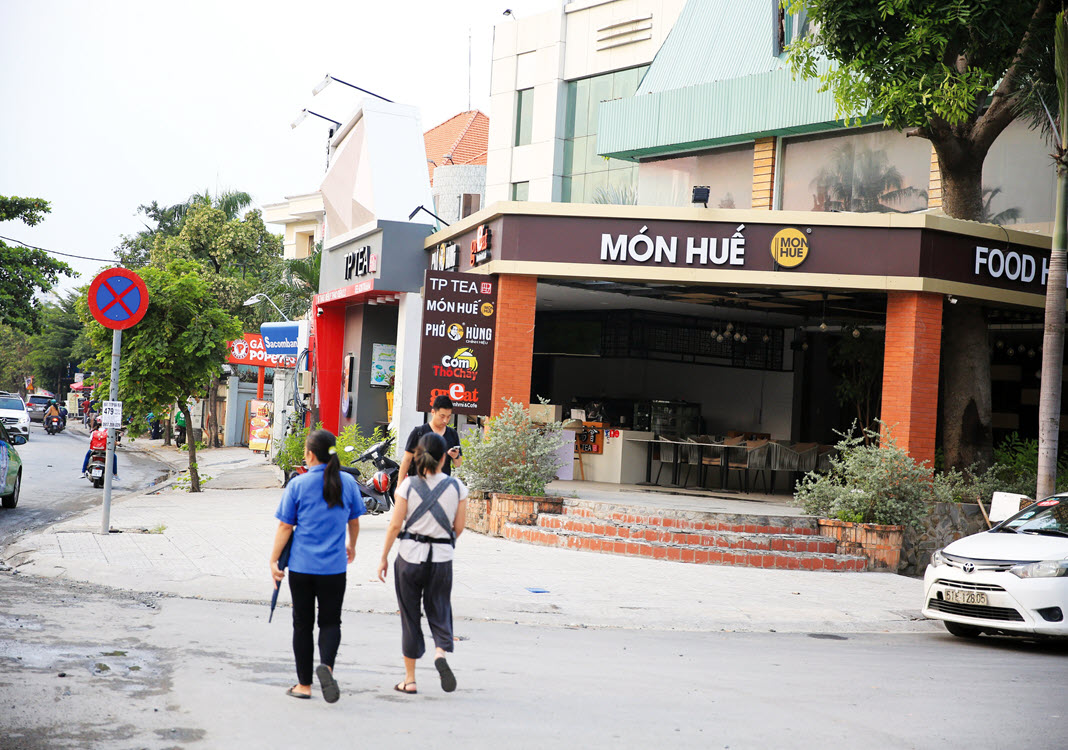In Vietnam, most enterprises are dominated by one or some shareholders, who profit handsomely when small shareholders are not vigilant, especially when the regulatory framework for safeguarding investors remains inadequate. Mon Hue’s saga is a case in point.
Agency theory explains the principal—agent problem, in which there is a conflict between managerial interest and that of shareholders. However, when there are dominant shareholders that can influence managers, conflict may arise between controlling shareholders and the other shareholders.
Controlling shareholders may rely on related-party transactions (RPTs) to gain benefits, with related parties referring to firms owned by family members, relatives, ex-classmates, supervisors and so on. Such transactions may not be hidden, but they can be in the form of self-dealing. Examples include asset purchase, capital contribution agreements, procurement, services and underwriting contracts. They often help controlling shareholders thrive at the expense of small shareholders.
To tackle these problems, many countries have developed a regulatory framework to safeguard small shareholders. When it comes to decisions pertaining to RPTs, those related to these deals cannot cast votes, there are independent directors, auditing companies are changed regularly, the requirements on information disclosure are more stringent, institutional investors play a crucial role and the rights to assess before and after transactions take place.
Mon Hue’s saga: who are the real victims?
Recently, Mon Hue Restaurant Ltd. Co.’s saga has drawn public attention, as the investor Huy Vietnam (Hong Kong) has filed a lawsuit against the management of Huy Vietnam (Vietnam), especially Huy Nhat and his associates. Based on the information available about shareholders of Mon Hue Restaurant, this is probably not a principal—agent problem as its controlling shareholders also the management. It is likely that controlling shareholders has used RPTs for personal gains, at the expense of small shareholders.
Many issues relating to this case need clarification.
First, why are the three companies that hold a stake in Mon Hue Restaurant all called “Huy Vietnam” whether they are registered in Cayman, Hong Kong or Vietnam? When “Huy Vietnam” is mentioned, one wonders which one is being referred to (for simplicity, the writer will call the three companies the Cayman firm, the Hong Kong firm and the Vietnam firm). Besides, information from the media shows that all three companies have close ties with Huy Nhat.
Second, what are the ownership relations between the Cayman firm and the Hong Kong firm? Does the Cayman firm own the Hong Kong firm and, if so, how much? According to the media, the shareholders of Mon Hue Restaurant include the Vietnam firm (3.4%), the Hong Kong firm (35.6%) and the Cayman firm (61%). The Hong Kong firm owns the Vietnam firm, so it has a 39% stake whereas the Cayman firm has a 61% stake. If the Hong Kong firm sues the Vietnam firm, it is like suing itself. Who is the real owner that controls the Hong Kong firm? What about the Cayman firm?
Third, do the six investment funds mentioned pour capital into the Hong Kong firm or the Cayman firm? Are there any other investors? An Internet search sheds some light on the six investment funds. Surprisingly, their managers are experienced, including Brad Landes (ADV Partners), Peter Amour (AIF Capital), John Wu (F&H Fenghe), Wesley R. Edens (Fortress Investments), Harrison Wang (Gryphus Capital), and Johnny S. Kong (Welkin Capital). They are unlikely to be deceived by the management of Mon Hue Restaurant (also in charge of the Vietnam firm, the Hong Kong firm and the Cayman firm). Moreover, it remains unclear whether there will really be a capital contribution worth US$70 million. Are there any arrangements made by Huy Vietnam and these six investment funds? Recently, in Wirecard’s case, auditors could not find 1.9 billion euros worth of cash in its bank account as reported.

According to a media interview, besides foreign investment funds, some Vietnamese investors also have a stake in Mon Hue Restaurant and are likely to be the main victims. They probably pour money into the restaurant via the Hong Kong firm or the Cayman firm and only care about dividends. They place their faith in the growth of the company and have little say or understanding with regard to decisions by controlling shareholders, so they easily fall prey to RPTs.
Similar cases are common in Vietnam and can be found in firms with more than two members or shareholders, including listed companies. Disputes between key shareholders are hardly new, but few small shareholders have sued controlling shareholders.
Small shareholders should be cautious, ask for transparency in information and scrutinize company regulations pertaining to RPTs. Since the legal framework is not yet comprehensive, small shareholders must be pro-active.
Dr. Vo Dinh Tri











